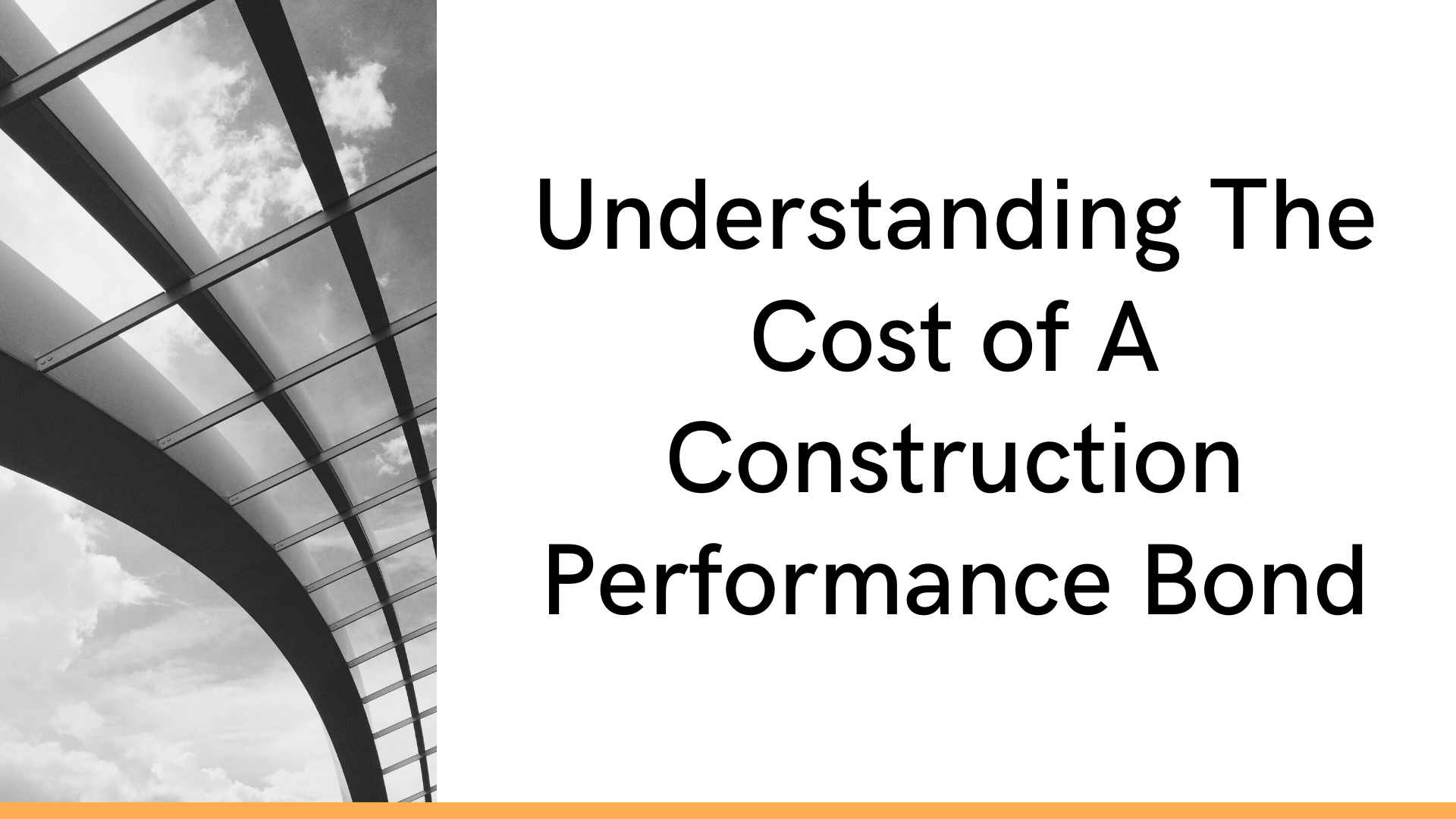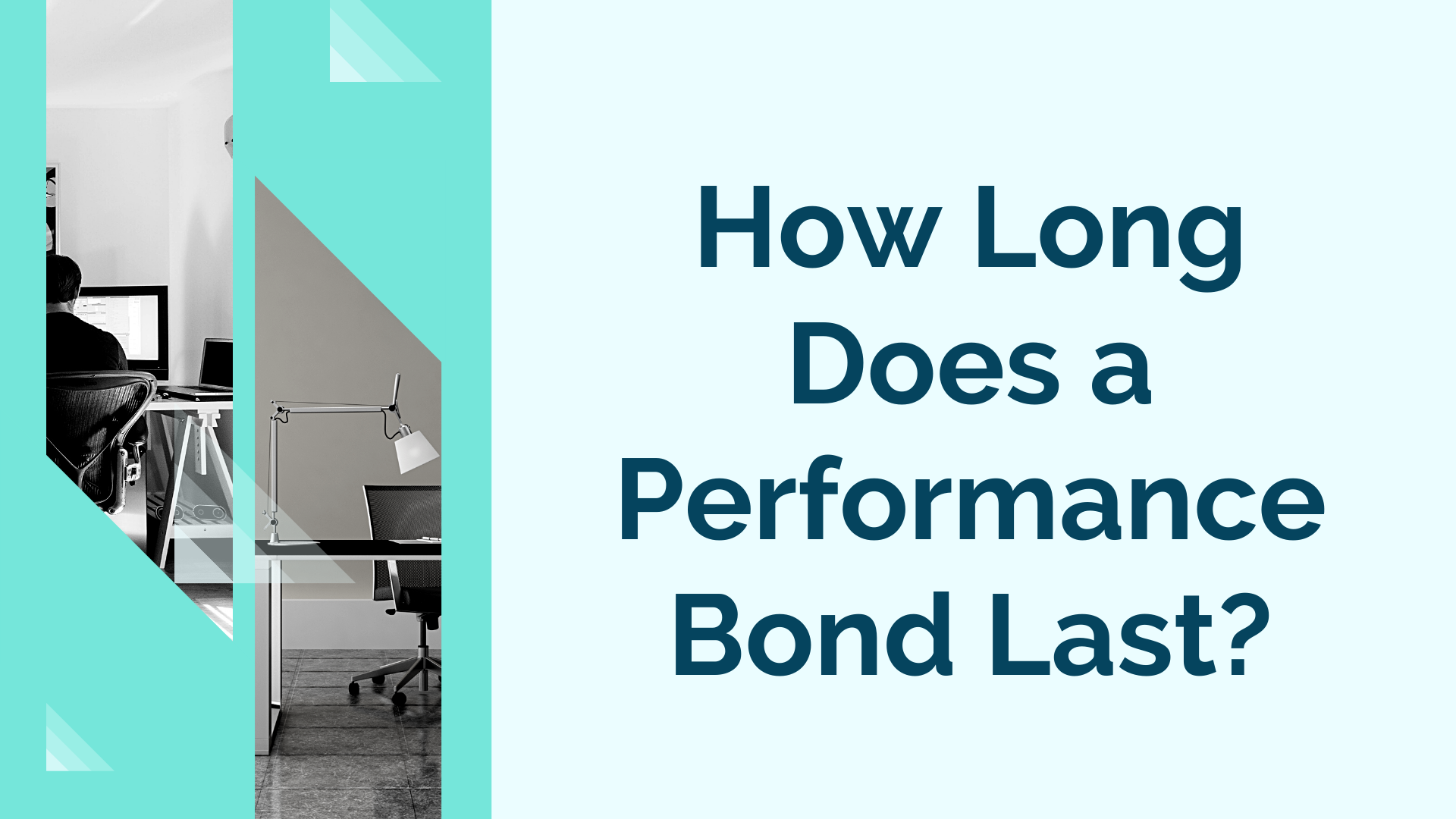When should I ask for a performance bond?
You might choose to ask for a performance bond if your tenant-buyer appears unable or unwilling to complete the transaction. You could lose time, money, and effort before you discover that the buyer doesn’t have the ability or desire to follow through with the purchase.
Bonding protects you in case of default by requiring your buyer to pay an agreed-upon sum of money should they default on their side of the agreement. This payment is referred to as “the premium” and can be equal to anywhere between 1% and 5% of your total sales price.
It is worth noting that the premium only covers the amount remaining after closing costs are subtracted from your asking price; it does not cover any repairs you need to do, nor does it cover a loss in your investment capital. If you want to ensure that you don’t lose any money, then a performance bond will provide an effective secondary guarantee against the potential risk of default.
How does a payment bond protect the owner?
A payment bond protects the owner of a construction project by ensuring that all subcontractors, laborers, and material suppliers deliver on their contractual obligations. If one of these parties fails to complete its part of the contract then the payment bond ensures that funds are available to pay for the completion of their work. The contractor or property owner is still responsible for making sure that they receive what was agreed upon between all parties prior to work beginning on the project.
The insurance company underwriters who issue payment bonds review the financial history of each applicant as well as previous claims filed against them.
In addition, they look at what types of projects each contractor typically works on to ensure that they won’t take on an insurmountable amount of risk. The insurance company then analyzes the contract for each project in order to determine what types of risks are involved and how much money is potentially at stake for each party.
What do you need to get a performance bond?
The requirements for obtaining the bond may vary depending on the size of the project and other factors, but typically it requires that you have years of experience in your field, has completed several projects similar in type to your bid proposal, provide proof of sufficient funds to cover potential costs associated with completing your work, and often requires that you submit personal financial information so that lenders can determine if they will grant you a loan should require one.
In order to get a performance bond, you will need to prove that you have been in business for several years, have been able to complete similar types of projects successfully in the past, and be able to cover any cost overruns yourself without having to ask a lender for help. This is usually accomplished by providing tax returns from previous years along with a list of current assets and liabilities that lenders can use to estimate your net worth.
Sometimes this includes inviting an inspector into your place of business so they can verify that you are doing legitimate work there or that it is at least well equipped enough that you could do the job if given the appropriate materials. Once all these requirements are met, you can typically expect to have the bond issued within a few days.
What is the concept of a performance bond?
The performance bond is intended to protect the owner of an enterprise such as a corporation or limited liability company from possible future debts and expenditures; these may include, for example, lawsuits arising out of negligent acts by the contractor.
The use of the performance bond ensures that funds are available to cover such claims. Once all claims arising under the performance bond, any funds remaining in the account become available to owners.
The concept is rooted in what was originally known as an “indemnity bond”. This type of contract provision was developed centuries ago by merchants who were engaged in long-distance foreign trade.
The men would join their efforts into one group venture, then seek local assistance to build ships or warehouses necessary for their business ventures overseas. To protect their own financial interests, the merchants sought a provision in their contract which would provide them with coverage of possible losses resulting from damage, destruction, or interference by others.
What is the difference between a performance bond and a payment bond?
A performance bond ensures that the contractor performs according to specific contract terms. It is not available for payment of bills of materials, but it guarantees that work will be completed satisfactorily within the time schedule and budget specified in the building contract.
A payment bond guarantees that subcontractors, laborers, suppliers, and mechanics supplying material or equipment to the job site will be paid for their services or products. The payment bond ensures against faulty workmanship or improper installation by guaranteeing that all claims are resolved promptly before final payment is made.










